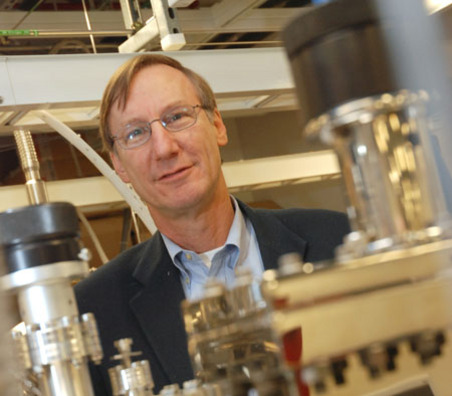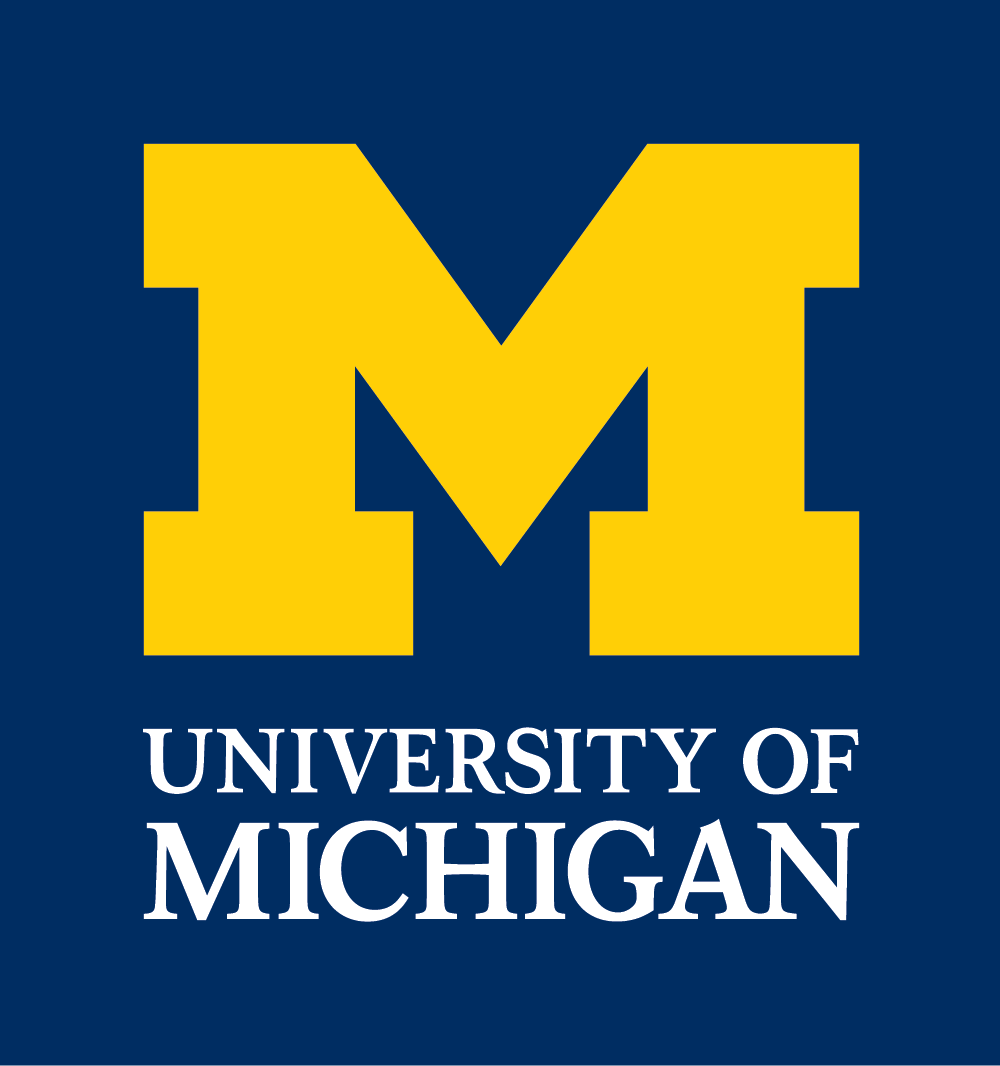
The Optoelectronic Components and Materials Laboratory (or OCM Labs) is a collection of graduate students, post doctoral fellows, visiting scientists and research staff who are engaged in investigating an enormous variety of phenomena and devices related to electronic materials and optics. Some of the work involves the basic physics of new semiconductor and organic materials, some focuses on devices using these materials, and yet other work looks at the system impact of optical devices and structures. The unifying goal of our work is the realization of practical optoelectronic devices. We continually seek the optimal combination of materials and devices to make functional elements which perform advanced optoelectronic functions which ultimately will find use in photonic systems. The strength of our group is that, like the devices we make, we believe there is great value in integrating the expertise and interests of a highly diverse collection of students and professionals.
The OCM group was founded in 1985 in Los Angeles, when I was a professor at the University of Southern California. In 1992, the entire group pulled up its stakes and moved to Princeton University where it continued to flourish and to grow. The OCM group moved to its current home at the University of Michigan in 2006. In recent times, the group has maintained a staff of about 15 graduate students. We have also employed a number of professional researchers (that is, post docs, visiting scientists, and research staff) over the years. The group consists of men and women from all over the globe. This diversity, coupled with our wide ranging interests in both III-V semiconductors and organic thin-film semiconductors, offers unique opportunities for individual group members to gain an enormous breadth of experience while making substantial contributions to the technical community.
Students and post-docs tend to work on projects which they find are of particular interest and a good match to their skills. They often form spontaneous collaborations, learning how to make use of their partners' expertise and insights while also gaining an appreciation of the value of sharing ideas in a joint endeavor. We also work closely with other academic and industrial groups. OCM has frequently hosted long term visits by engineers and distinguished scientists from both companies and academic institutions, providing the students with unusual opportunities to make lasting personal contacts while gaining valuable experience from our professional research collaborators. In fact, one of the outstanding aspects of the group is its inventiveness, which has spawned over 560 papers in refereed journals and 292 US patents, and has played a founding role in five companies: Epitaxx (sold to JDS Uniphase), Sensors Unlimited, Universal Display Corporation (traded as OLED on NASDAQ), Global Photonic Energy Corporation (now NanoFlex Power Corporation), and ASIP, Inc. (an acronym for Application Specific Integrated Photonics, sold to Avago Technologies by way of CyOptics). As a direct result of OCM group contributions, these companies currently employ more than 1000 people.
The research emphasis can be divided into two general areas: III-V optoelectronic integrated devices, and organic thin-film optical devices. There are also projects which integrate the advantageous properties of both of these materials systems. You can read about many of the projects which are currently being pursued by OCM group members on our research page
Most OCM alumni have gone on to work in industry or in outstanding academic institutions. While past graduates have populated laboratories in the major semiconductor research establishments such as Hughes Research Laboratories, HP Labs, Sarnoff Corporation, Intel, etc., a growing number of students and post-docs have taken an interest in smaller, entrepreneurial organizations like Sensors Unlimited or Universal Display Corporation, hoping to make a significant difference in the development of new technologies in exciting and growing sectors of our technological world. Wherever they go, we hope that OCM alumni find that their time in our labs have made an essential difference in the way they think and the manner in which they can contribute to their communities throughout their lives.
Please take time to look through this web site to get a more complete idea of our personalities, facilities and technical accomplishments. If you have questions or want to know more, please drop us an email.
Peter A. Franken Distinguished University Professor of Engineering
Paul G. Goebel Professor of Engineering
Professor of Electrical Engineering and Computer Science, Physics, and Materials Science and Engineering
